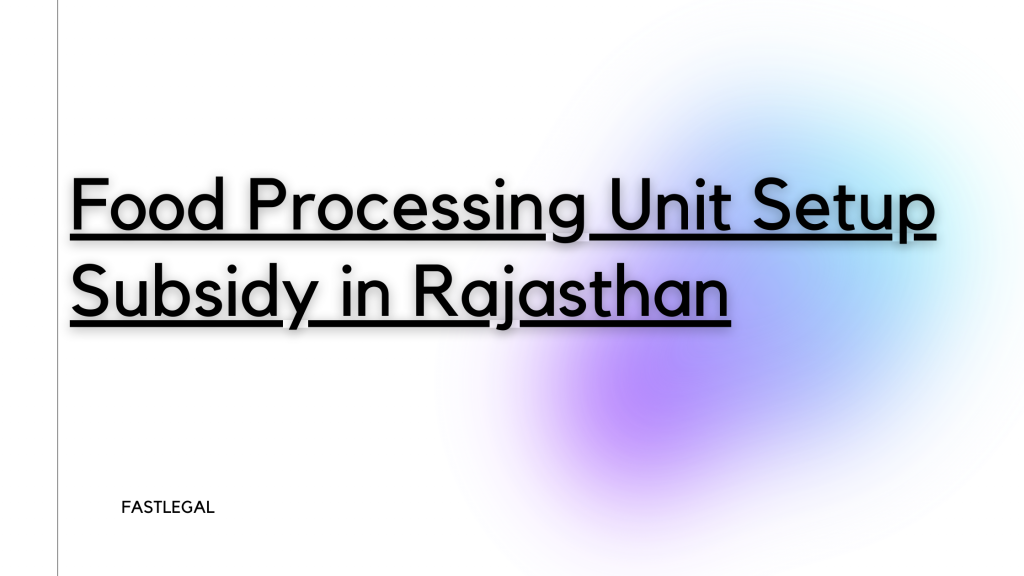In this article, we will discuss the main requirements for ITR Filing for LLP in India, A limited liability partnership (LLP) is a business entity that is neither a company nor a partnership. It is a hybrid entity that combines the advantages of both forms of business. LLPs are registered under the Limited Liability Partnership Act, of 2008.
Like companies, LLPs are legal entities that are separate from their members. This means that the members of an LLP are not personally liable for the debts and liabilities of the LLP. However, like partnerships, LLPs are taxed as pass-through entities. This means that the income of the LLP is taxed in the hands of its members.
ITR Filing for LLPs
LLPs are required to file income tax returns (ITRs) in India. The ITR filing process for LLPs is similar to the ITR filing process for individuals and companies. However, there are some specific requirements that LLPs must meet when filing their ITRs.
Who Must File an ITR?
All LLPs that have income from business or profession are required to file an ITR. LLPs that do not have any income from business or profession are not required to file an ITR.
What Form Should Be Used for ITR Filing of LLP?
LLPs must use ITR Form 5 to file their income tax returns. ITR Form 5 is a simplified form that is designed for use by small businesses and professionals.
What Information Must Be Provided for ITR Filing of LLP?
LLPs must provide the following information when filing their ITRs:
- The LLP’s name and registration number
- The LLP’s PAN number
- The name and address of the LLP’s principal place of business
- The names and addresses of the LLP’s partners
- The LLP’s income from business or profession
- The LLP’s expenses
- The LLP’s net profit or loss
When Must the ITR Be Filed?
The due date for filing an ITR for LLPs is the 31st of July of the assessment year. However, LLPs that are required to get their accounts audited are required to file their ITRs by the 30th of September of the assessment year.
How Can an ITR Be Filed?
LLPs can file their ITRs online or by mail. To file an ITR online, LLPs must create an account on the Income Tax Department’s website. To file an ITR by mail, LLPs must download and print the ITR form and mail it to the Income Tax Department.
Penalty for Late Filing
LLPs that file their ITRs late are liable to pay a penalty. The amount of the penalty depends on the length of the delay.
Conclusion
The ITR filing process for LLPs is relatively simple. However, it is important to file the ITR on time to avoid penalties. If you have any questions about ITR filing for LLPs, you should consult with a tax advisor.
Here are some additional tips for filing an ITR for an LLP:
- Make sure you have all of the required information before you start filing.
- Double-check your work before you submit your return.
- Keep a copy of your return for your records.
Basic Information Required to start the ITR filing for LLP, Fill the below form
- Name of the LLP
- PAN of the LLP
- Date of incorporation of the LLP
- The financial year for which you are filing the ITR
- The total turnover of the LLP for the financial year
- Whether the LLP is required to get its accounts audited
- If yes, the name of the auditor and the date of the audit report
- Name and contact details of the authorized partner who will sign the ITR
Here are the benefits of filing your LLP’s ITR with us:
- We are a team of experienced tax professionals who will ensure that your ITR is filed correctly and on time.
- We will provide you with a copy of the filed ITR for your records.
- We will keep you updated on the latest tax laws and regulations so that you can make informed decisions about your business.



